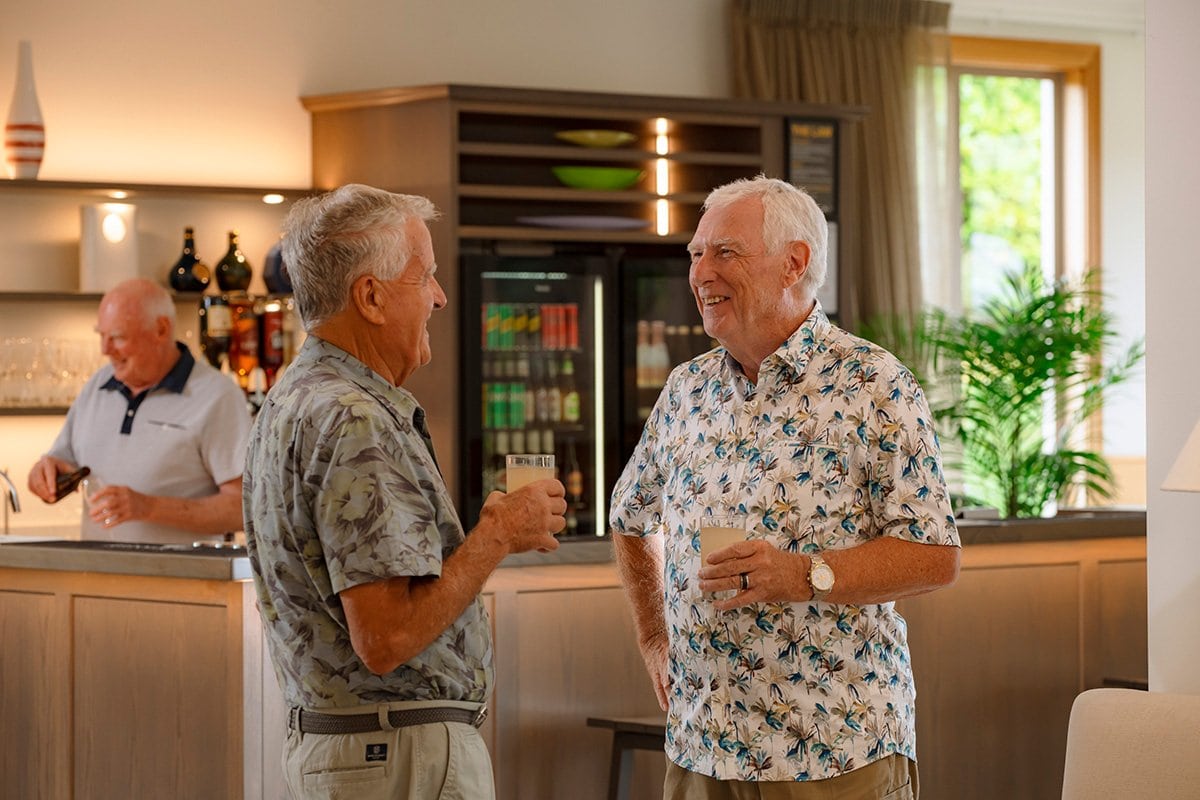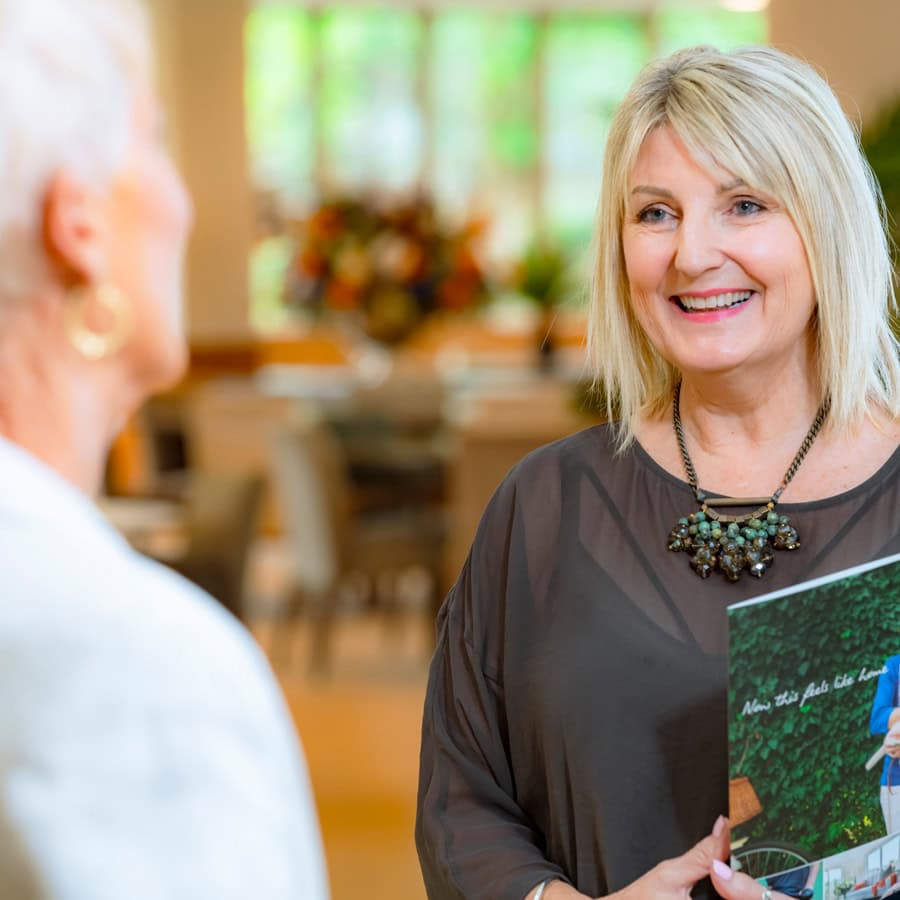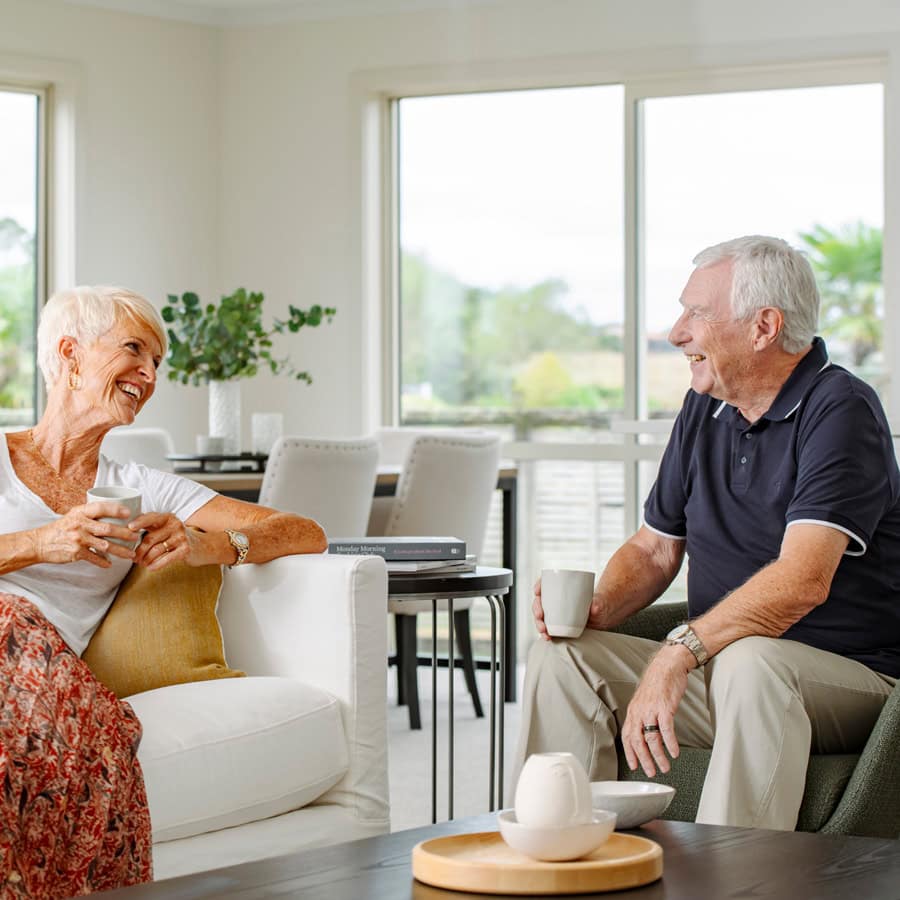Older men are more likely to suffer from loneliness and social isolation, according to a report entitled: “Isolation: the emerging crisis for older men.” The report explores the experiences of senior men in England. Published by the UK-based charity Independent Age, the report highlights the urgent need to address this crisis, as it contributes to a range of negative health outcomes, including depression and cognitive decline.
A distinctly male problem
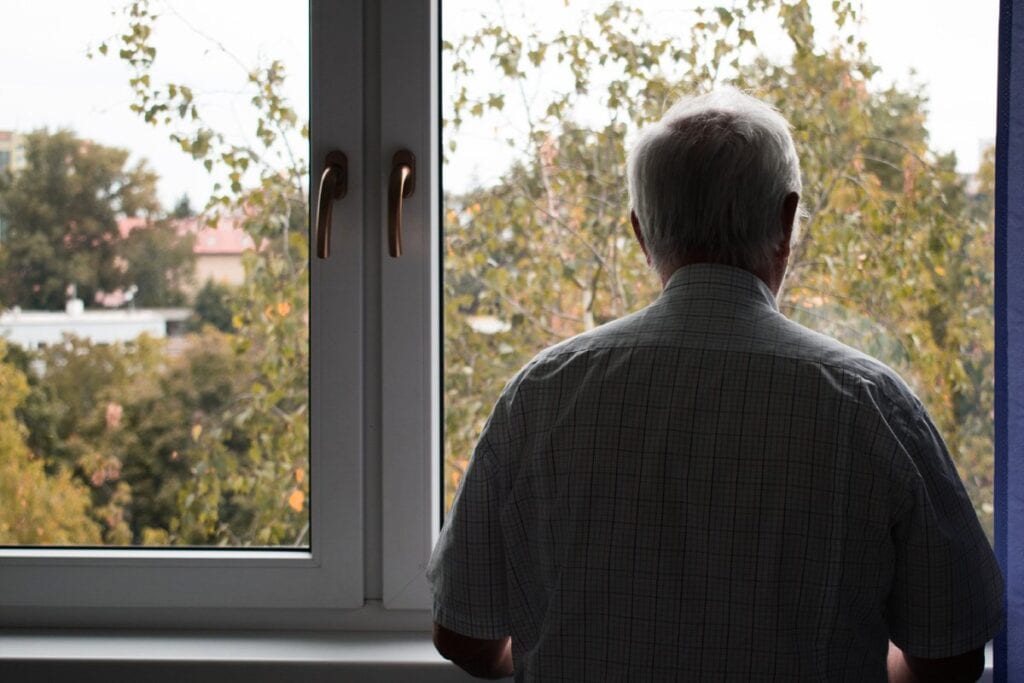
Evidence suggests that men and women experience social isolation and loneliness in different ways.
Many older men have spent the majority of their lives in environments where expressing feelings or asking for help was seen as a weakness. Consequently, when they retire or experience significant life changes, such as the loss of a spouse or close friends, they may find it challenging to reach out and connect with others.
This isolation can lead to a cycle of loneliness that’s difficult to break, as those feelings of isolation often cause men to withdraw even further.
Compared to women their age, older men are less likely to participate in social activities and participate in their communities. Men also tend to gravitate toward solitary hobbies more, leading them to miss out on opportunities for socialisation.
Furthermore, men who live alone, a situation increasingly common in later life, can experience intense feelings of loneliness that impact their overall well-being.
- 14% of older men experienced moderate to high social isolation compared to 11% of women
- 23% had less than monthly contact with their children compared to 15% of women
- 31% had less than monthly contact with other family, compared to 21% of women
- 19% had less than monthly contact with their friends compared to 12% of women
Health Implications of Isolation
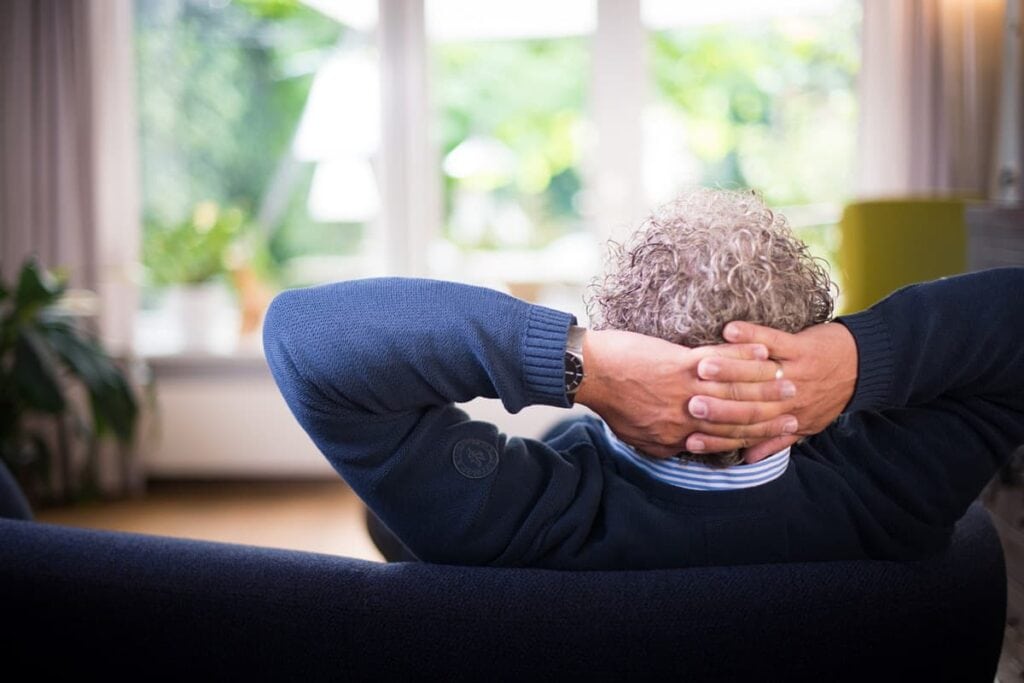
Research consistently shows a link between social isolation, loneliness, and poor health outcomes. Those with strong social networks often enjoy longer, healthier lives with better mental functioning. However, the gap in social engagement for older men can exacerbate feelings of isolation, reducing their quality of life. The report emphasises the urgent need for initiatives that encourage older men to participate in social activities and community involvement.
Health Stats:
- 28% of the loneliest men reported poor health.
- 26% of the most isolated men experienced depression.
- 53% of the loneliest men had limitations in performing Instrumental Activities of Daily Living (IADLs).
Fairview Village: Helping men thrive through collective compassion and understanding
Our staff and residents know that men can find it harder to make friends and get used to village life. That’s the great thing about moving into a well-established village—you benefit from decades of collective wisdom.
Through awareness and collaboration, we’ve created an environment where older men can thrive. We’ve implemented activities and initiatives to make it easier for men to engage actively and socially with minimal stress and effort.
“Clark, one of the new men, he’s in an apartment, and at first he was like a duck out of water, and you know what we did, we’ve given him a task to do at happy hour and he’s absolutely a different person. He’s seeing everybody and moves around, collecting all the tickets and making contact.”
Bev – Established Resident
A connected community
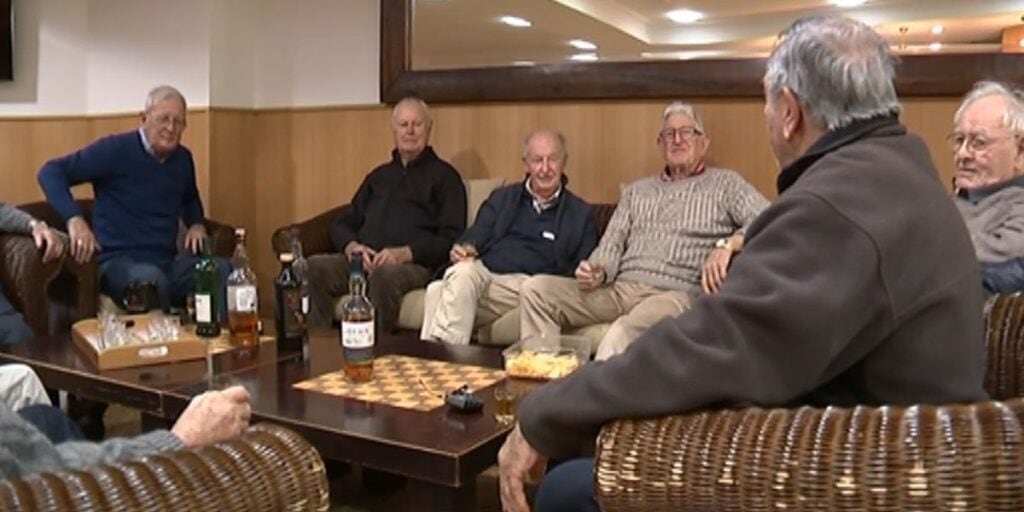
Our community has an established support network that newer villages might still be developing. Residents look out for one another and provide a safety net for men as they navigate life transitions.
“Here, every other person stops to chat to you. It’s just so different. There is always someone around that you can talk to.”
– Barry
“Many blokes came in with their wives and said they didn’t want to come, but are glad they did.”
- Ray
Male centric initiatives
As well as general community events and activities, we also offer specific initiatives that encourage men to be active and engaged in their community. One example of this is our Single Malt Whisky Club. This group sees men get together regularly to bond over their shared love of whiskey. It’s been a popular way for blokes to enjoy each other’s company, as well as a glass or two.
“There is even a get-together for men, they bring us together for a meeting once a week. No one is isolated.”
- Bill
Regular support and contact
As well as being excellent at their jobs, our support staff enjoy connecting with our residents. Many of them form strong bonds with the locals, becoming fast friends and making sure they’re looked after. Our caring on-site nurses are also available 24/7, offering care and support whenever it’s needed.
“There is a weight lifted off your shoulder. Once you settle in you think I should have done this sooner. People often say we should have been here 5 years earlier.”
-
The unseen attributes in choosing a retirement village matter
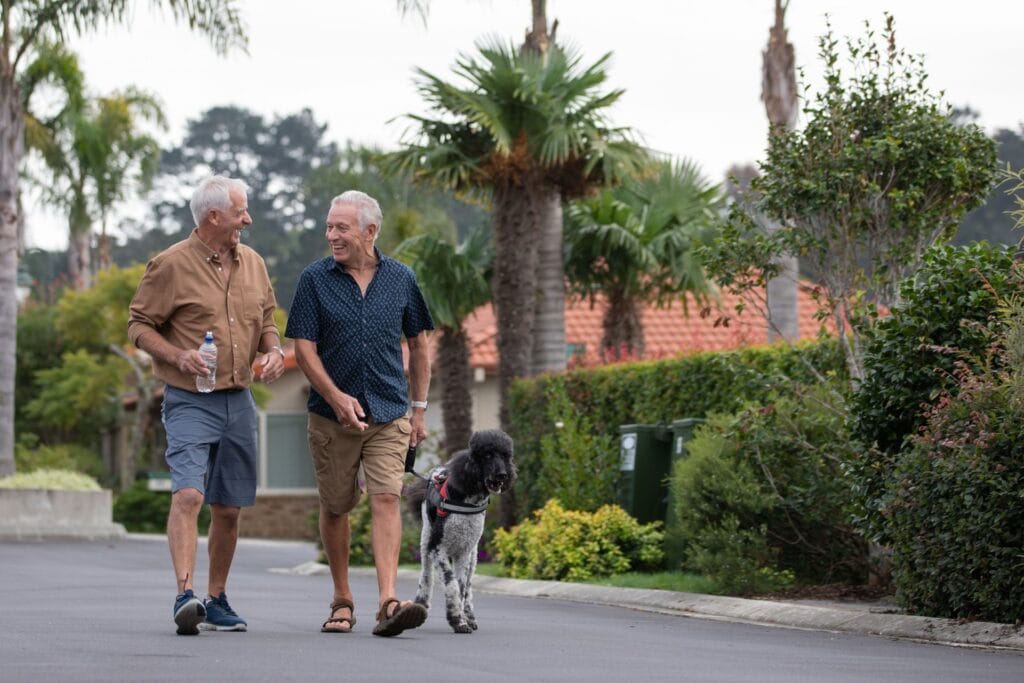
The decision to move to a retirement village involves more than just evaluating its physical attributes. The unseen aspects, like community spirit and understanding, contribute significantly to residents’ well-being.
With decades of shared living and learning, we understand what it takes to support our residents. Our experience has taught us invaluable lessons about supporting the well-being of older men.
Unlike newer villages that are still finding their identity, our well-established culture of care leads to a rewarding and enriching retirement.
